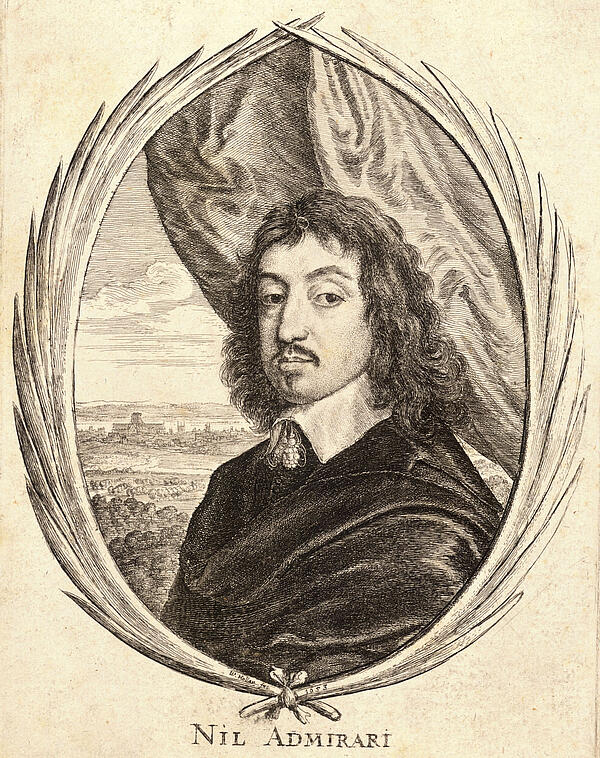John Wildman
John Wildman was an English soldier and politician, best known for his role as a leading Leveller after the First English Civil War. Historians generally believe that John Wildman was the principal author of the Agreement of the People, a manifesto that put forward the Levellers demands for constitutional change.
Born in 1623, John Wildman attended at Cambridge University before studying Law in London . During the Civil War he briefly served under St Thomas Fairfax, but he only came to prominence in 1647 with the publication of the ‘Agreement of the People’. Wildman also represented the army during the Putney debates held in Putney Church. In this role, he disagreed with the army Grandees who were concerned with the radicalism demonstrated by Wildman and other Levellers.
On 18 January 1648 George Masterson, minister of Shoreditch informed against Wildman and fellow Leveller, John Lilburne, for promoting a seditious petition.Both men were summoned to the bar of the House of Commons, which committed them to Newgate Prison. Bail was refused and they remained in prison until 2 August 1648.

Whereas prison made Lilburne even more radical, Wildman’s radicalism calmed down while in prison. After he was released, he worked as a land speculator for five years. He gained a good property portfolio as a result of this and earned a fortune.
Wildman was elected Member of Parliament for Scarborough in 1654.However, the government prevented him from taking the role as a result of his radical past. Wildman was angered by this and once again began to plot against the government.
In 1655, Wildman was put on trial and imprisoned for a year after he was caught devising a plot to overthrow the Protectorate.
After he was released, Wildman continued to involve himself in plots. He became close to various groups who were discontented with Oliver Cromwell, including the Spanish, Royalist exiles and Republicans.
In 1659, was given the responsibility of drafting a new constitution in a Commonwealth committee. However, this was halted during the Restoration. Afterwards he was awarded a senior position in the government’s post office as a result of his past contacts with the Royalists. After 18 months he was implicated in a Republican plot in 1662 and sent to the Scilly Islands where it was hoped he would not cause anymore trouble.
Wildman returned to London after his release in 1667.
Wildman refused to stay away from trouble and in 1683 he was arrested for involvement in a plot to kill Charles II. He was imprisoned in the Tower of London, but he was released after the authorities failed to find evidence of his involvement.
After a failed plot to get the Duke of Monmouth to succeed James II, Wildman left for Europe. He was in Holland when, in 1688, he returned to England with Lord Macclesfield. He became a prominent member of the Convention Parliament and was appointed Postmaster-General. Wildman died in 1693 - a year after he was knighted by William III.
See also:
MLA Citation/Reference
"John Wildman". HistoryLearning.com. 2025. Web.
Key facts
| Name: | John Wildman |
| Birth Date: | 1621 |
| Death: | 2 June 1693 |
| Occupation: | Postmaster General, Member of Parliament |
| Known for: | Involvement with the Levellers and plots against Oliver Cromwell |
